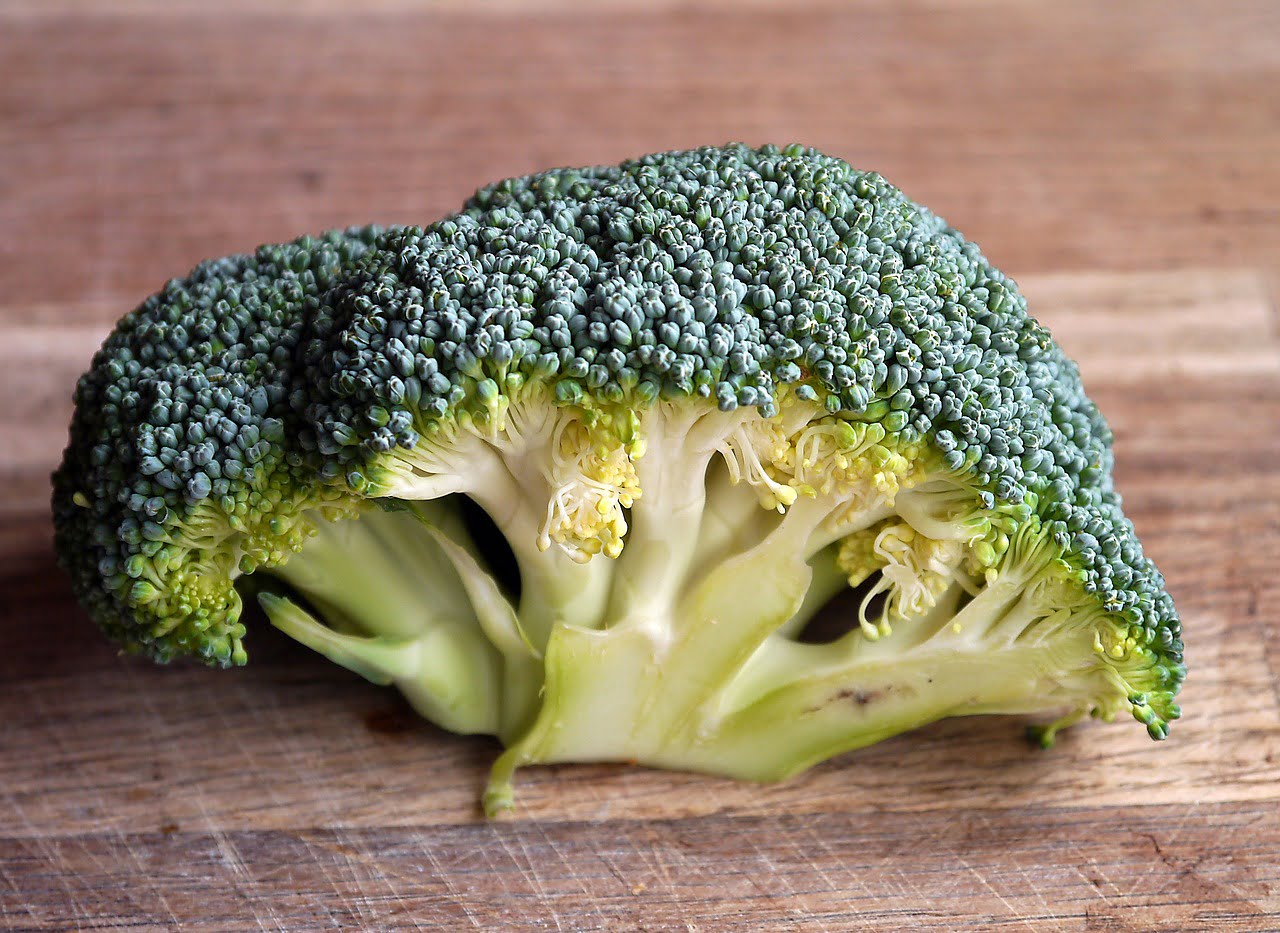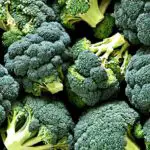
Broccoli is really good for you! Studies have shown that eating more of this vegetable can decrease the chances of getting cancer and Type 2 diabetes. Recent research from Penn State found that broccoli contains certain molecules that can protect the lining of the small intestine, which helps to prevent diseases.
Gary Perdew, a researcher at Penn State, explains that the small intestine’s wall lets in nutrients and water but stops harmful particles from getting in. Certain cells in the intestine, such as enterocytes and goblet cells, help keep a healthy balance.

In a study published in the journal Laboratory Investigation, Perdew and his colleagues discovered that molecules in broccoli called aryl hydrocarbon receptor ligands can bind to a protein called aryl hydrocarbon receptor (AHR), which initiates various activities that affect the functions of intestinal cells.
To test this theory, the researchers fed an experimental group of mice a diet containing 15% broccoli and fed a control group a typical lab diet without broccoli. They found that mice that didn’t eat broccoli had weaker intestinal barriers, slower digestion, and fewer protective cells in their intestines.
In other words, broccoli and other foods with AHR ligands can help maintain a healthy gut. This research gives us a better understanding of why certain foods, like broccoli, are so good for our health.
Video Podcast
Here’s an interesting new study involving broccoli. Researchers at Penn State University conducted a study on mice. They gave one group of mice a diet of 15% broccoli, while the other group of mice received a regular controlled diet as the control group.
What they found was that the mice who were eating the broccoli had an increased number of cells that led to an increase in mucous lining in the gut. On the other hand, the rats not taking the broccoli had what they called an “altered intestinal barrier function”.
So, what does this mean? Well, what this sounds like to me is if you’ve ever heard of the term gut impermeability or what’s being referred to as leaky gut syndrome, essentially what that is, is you have a kind of like a dysfunctional barrier in your gut which is allowing food and other things to pass into the bloodstream. A lot of times, this is caused by this basically this mucous lining which is not as strong or there’s not as much of it as you should have.
One of the kind of remedies people will do for that is to eliminate certain foods. But the interesting thing is, just as in the fiber podcast I just released, fiber is actually what’s going to increase your good microbiome in your gut and is going to help to increase that mucus as well.
This is just kind of showing what actually is happening when you consume these high-fiber foods. I don’t know if broccoli is the only one that will do this – that’s what they studied in this study – but I assume that other plant-based foods will do the same.
Anyways, this is interesting. Although, you know, as I said before, you don’t always want to take studies on mice at 100% value because they don’t always translate over to humans. But this kind of correlates with what we already know, and it makes sense.
Basically, these fiber foods, and especially in this case, broccoli are increasing that mucus lining, and that’s increasing your digestibility and preventing any kind of leaky gut syndrome.
They said that the mice who were fed the controlled diet also had, you know, basically signs of what would lead to disease, right? So, this is why your gut microbiome and what you eat is so important for preventing disease as well.
And that’s why a lot of times the answer to the whole leaky gut thing is really you need to basically improve your digestion, and you improve your digestion by eating high-fiber, plant-based foods. Over time, that’s going to basically fortify your digestion, increase the good bacteria, and your microbiome will improve, which will allow you to have much better digestion, which is a huge key to health.
Lance has been passionate about the plant-based diet and we have been following a whole food plant-based diet for over 5 years. We focus on health, natural healing, weight management, animal rights, and the health of the planet and environment by focusing on whole plant-based foods and sustainable practices.
Learn more at the About Me page and follow on social media at the links below.






